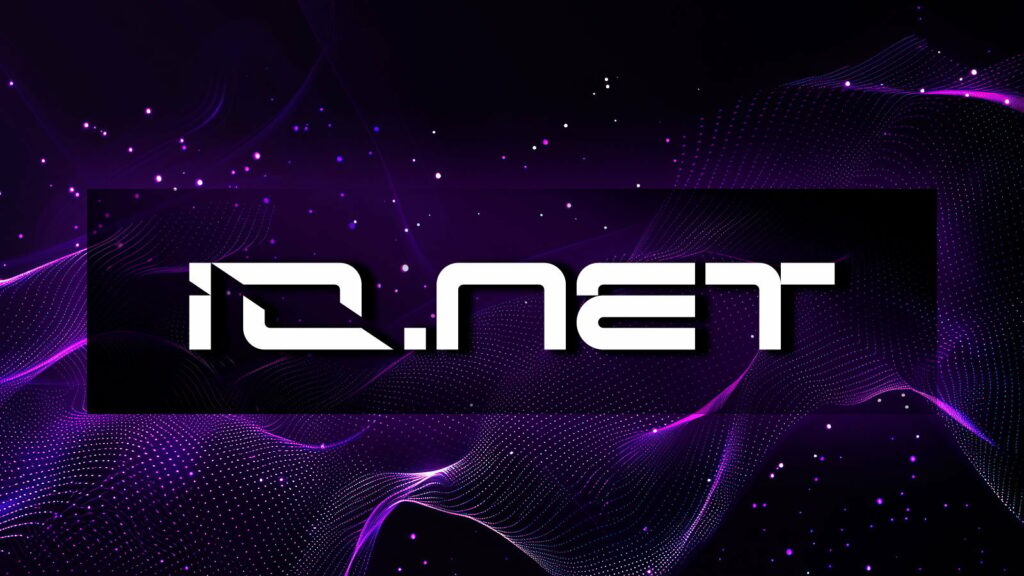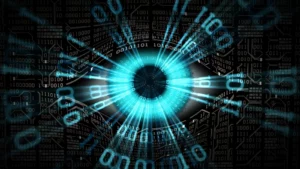
io.net Joins Dell Technologies Partner Program: Democratizing Access to Decentralized Computing for AI Innovation
As the world grapples with the complexities of artificial intelligence (AI) and machine learning (ML), io.net has taken a significant step forward by joining the Dell Technologies Partner Program. This strategic move marks a major milestone in democratizing access to decentralized computing, particularly for organizations tackling high-performance computing use cases.
By partnering with Dell Technologies, io.net will deliver practical, enterprise-grade solutions tailored to the next generation of AI innovation. The collaboration aims to provide on-demand GPU clusters that can scale to meet the demands of modern enterprises, offering significant cost reductions compared to traditional centralized cloud providers.
The need for scalable and affordable computing solutions has never been more pressing. As AI and ML applications continue to advance at breakneck speed, the demand for decentralized computing infrastructure has skyrocketed. io.net’s innovative approach to decentralized GPU networks addresses these challenges head-on by aggregating computational power from a global network of distributed GPUs into a unified, high-performance infrastructure.
With this partnership, clients can now harness the full potential of their AI and ML projects without being constrained by costly and inflexible centralized solutions. The seamless integration with Dell’s advanced hardware will ensure reliable, high-performance workloads for even the most demanding applications.
io.net’s cutting-edge technology has far-reaching implications for industries such as healthcare, finance, and more. By joining forces with Dell Technologies, io.net is poised to revolutionize the way organizations approach AI innovation and deployment.
As part of this partnership, io.net will provide on-demand GPU clusters that can scale to meet the needs of modern enterprises, addressing the limitations of traditional centralized cloud providers.
Source: u.today


